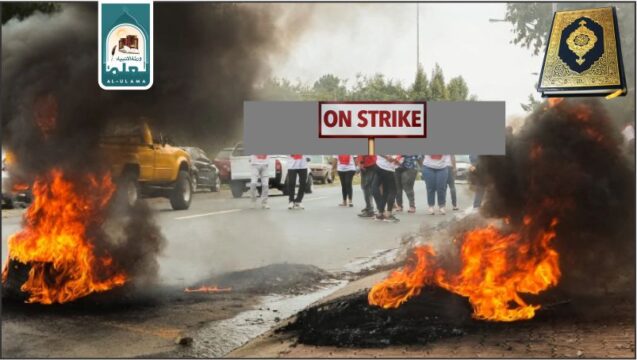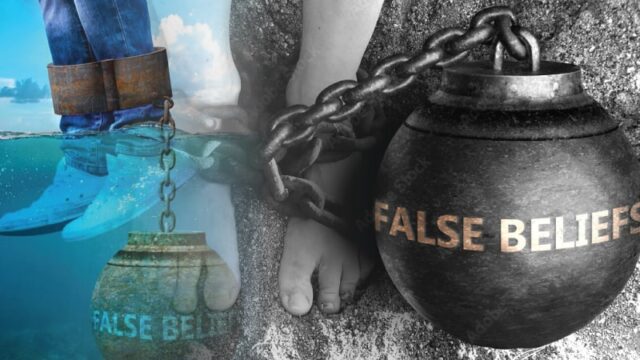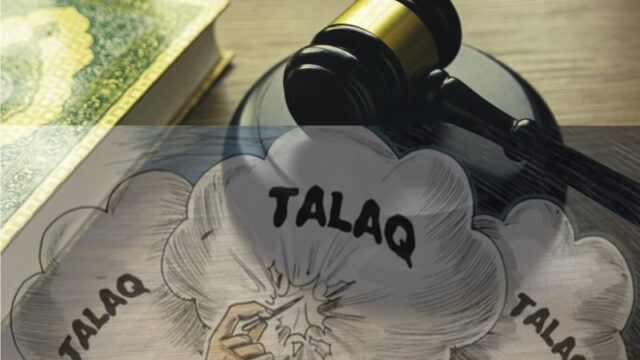Question
After the death of an individual, all of his/her heirs have a share in his/her inheritance, however, could it be possible for only one of the heirs to become the owner of all inheritance with the agreement of the remaining heirs (or by force)? The issue at hand is that my father in law died in 1984. His elder son used to live separately, while the remaining (brothers and sisters) used to live in one house. The (younger) brother who had the responsibility of providing for the entire shared household asked that he needs financial support because he has to bear the expenses of the house. Therefore the elder brother resolved this matter by entrusting him with the entire inheritance of their father. Therefore, all of the remaining brothers and sisters went to the court and printed their thumb signatures etc., entrusting their younger brother of their share of inheritance. Now, both the elder and the younger brothers have passed away, but their other younger brothers and sisters are now demanding that they need their share in the inheritance of their father. We request Islamic guidance on this matter.
Answer
All praise is due to Allaah alone, and may the peace and blessings of Allaah be upon the one who has no prophet after him!
Here are a few points concerning this question:
- Questions that can be a cause of confusion and can cause misunderstanding, we request that you write them up clearly and legibly and then read it at least once by yourself, and if you are able to understand it, only then should you forward it to the Muftis. We have worded the question above to the best of our understanding after listening to the voice message that you have sent us several times over. Therefore, if there is any deficiency then next time you must write the question yourself. Jazakallah Khayran.
- According to sharee’ah, when any individual dies, his wealth automatically goes into the ownership of his heirs, however, the official distribution and legal formality is what remains to be done. Therefore, after the death of an individual, all of the heirs should be given the share entitled to them. The distribution of the deceased’s inheritance is also a right like the rights of his funeral and burial which must be done by his heirs.
- Brothers and Sisters, male and female, all should be given their share in inheritance, and after receiving its ownership and custody, if they willingly and happily give their share to someone else then this is their choice which they can use. However, a behavior that is often practiced among our societies is that some of the heirs are emotionally blackmailed into forgoing their share in inheritance or persuaded to give their share to someone else, and it is done especially with the sisters and daughters which is unjust and not acceptable in any way.
- Another wrong behavior that is practiced in our society is that sometimes the in-laws of a daughter or a sister force her (or emotionally blackmail her) as to why she does not bring her share in inheritance? According to us, if an heir: male or female does, in fact, give his/her share to someone else happily and willingly, then it is not correct for her husband or her in-laws to force her to demand her share.
- The issue that you asked had two deficiencies in it according to us. One: there was negligence in distributing the shares of inheritance immediately after the death of your father-in-law. Second: some of the heirs were not entrusted with and given the custody of their shares, and instead they were made to sign the papers, which is incorrect.
Noble Muftis
His eminence Shaykh Abu Muhammad AbdusSattar Hammad (may Allaah protect him)
His eminence Shaykh Abdul Haleem Bilal (may Allaah protect him)
His eminence Shaykh Javaid Iqbal Siyalkoti (may Allaah protect him)
His eminence Doctor Abdur Rahmaan Yoosuf Madani (may Allah preserve him)
His eminence Shaykh Sa’eed Mujtaba Sa’eedi (may Allaah protect him)
His eminence Shaykh Abu Adnaan Muhammad Muneer Qamar (may Allaah preserve him)
Note
This is a translation of the original text of the fatwa which was issued in the Urdu language.
Translator: Raza Hassan

















